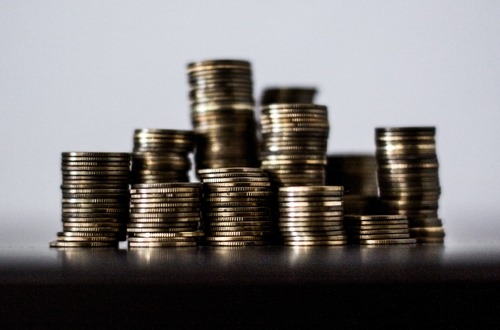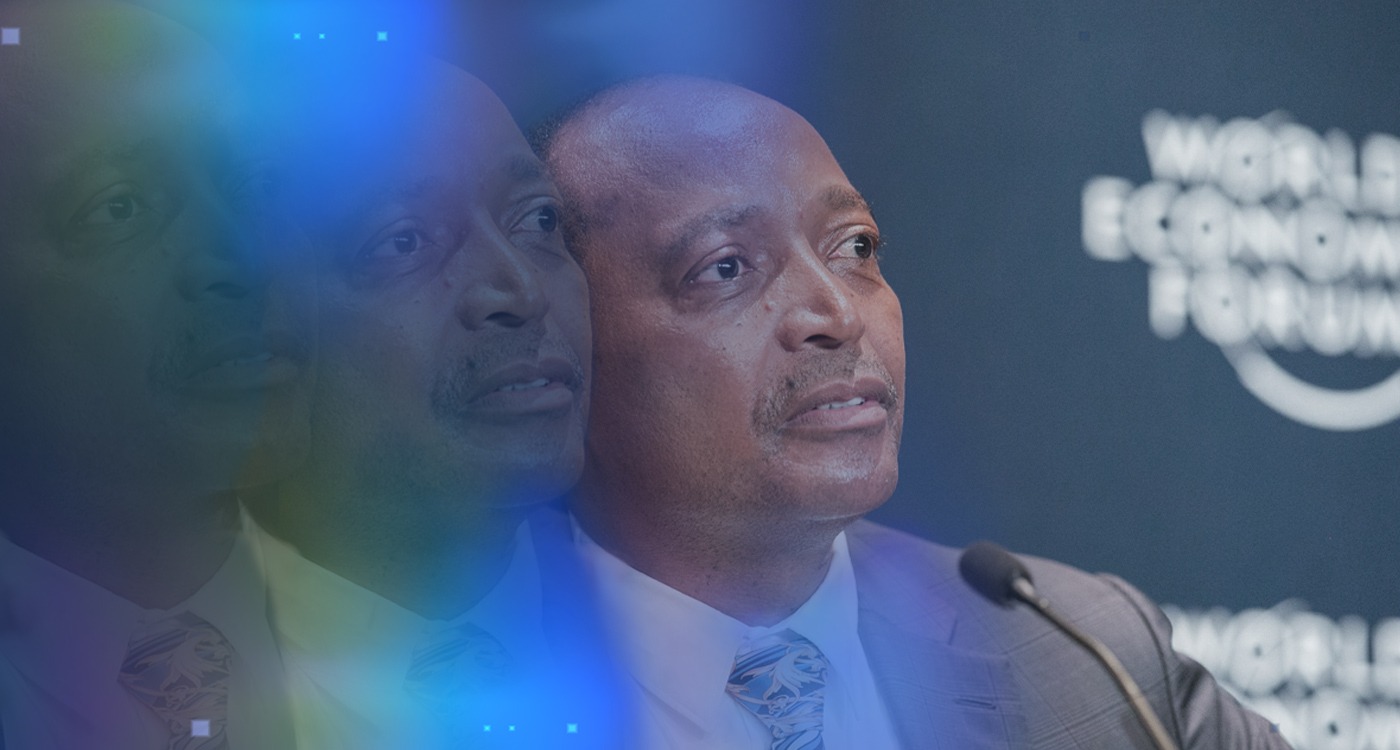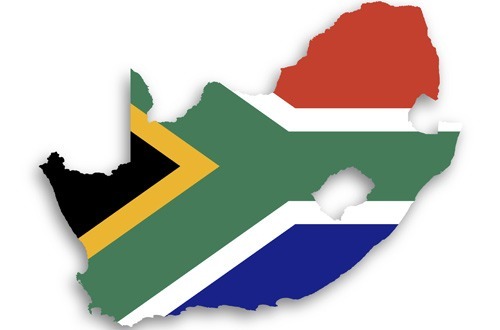Plans are underway to remodel the South African Post Office (SAPO) into a fully-fledged bank, chief executive Mark Barnes said on Wednesday.
“Let me tell you about where you are and what the future is. We believe that the Post Office will prove to be a critical element in financial inclusion, for a number of reasons. You would be well aware that we are well advanced towards getting a fully-fledged banking license,” Barnes addressed the National Press Club in Pretoria.
“The Post Bank operates as a bank under an exception which is that we are allowed to take deposits, which is usually the primary reason for getting a banking license. We are moving from that to become a fully-fledged bank.
“The reason for that is we believe, as an organ of State, at an appropriate cost of capital and given an appropriate financial inclusive mandate, we can start at looking at financing what are traditionally known as unbankable or unsecured lending opportunities, as a start.”
Barnes said there are several ways government can capacitate the SAPO to become a commercially viable entity – for the the sake of general South Africans, especially the poor and those based in far-flung areas.
“The poorest people in South Africa pay the highest unit costs of consumption. We believe that as an organ of State, the Post Office can play a role in bridging that financial services offering, because we have a socio-economic mandate,” said Barnes.
“That is not to say we do not want to be commercially viable. There are a lot of ways that the State can use the Post Office to become a commercially viable entity.
“I don’t believe that privatization is the panacea for a transforming economy. In fact, quite the contrary. I believe that privatization in areas like healthcare, education, personal security and all these things have, if anything, contributed towards a divided society.
“I think the biggest challenge in South Africa is to address inequality, across all metrics. I think that’s a role we can play in financial services.”
He said SAPO already has the infrastructure to operate. Barnes said SAPO is in the best position to distribute social grants to millions of South Africans who rely on the payouts monthly. (via African News Agency)
FNB Islamic Banking Launches Takaful
FNB Islamic Banking launched Takaful – a co-operative system of reimbursement in the case of loss, which is organised as an Islamic compliant alternative to conventional insurance.
As with conventional insurance, and similarly under Takaful, customers will make regular contributions, usually in the form of monthly premiums, to be reimbursed to members in the event of loss and is managed on the customer’s behalf by a specifically appointed Takaful operator.
According to Amman Muhammad, CEO of FNB Islamic Banking, “the Takaful offer is the perfect complement to a holistically complete range of financial services offered by FNB Islamic Banking. We welcome the Takaful offer as it essentially now joins our bouquet of highly competitive products and services that include world-class Islamic transactional banking, asset finance and an extensive range of Islamic investment options. We now can truly claim to be a one-stop Islamic financial services shop.”
Takaful from FNB Islamic Banking offers an alternative to short-term insurance which caters for commercial, vehicle, personal, body corporate and household cover. In time, this cover will extend to other forms of Islamic compliant insurance.
“By expanding our offering to include Takaful, we are now able to finance assets and also allow for their protection by using credible and compatible insurance products which are in conformity with the principles of Shari’ ah. Takaful, as with all of our other Islamic financial services, are available to Muslim and non-Muslim customers alike,” adds Muhammad.
Fuel Price To Rise Next Week
The Department of Energy has confirmed that the price of petrol in Gauteng will increase by 49c per litre on May 3.
This is due to the international product prices of petrol increasing during the recent period, as well as the rand having depreciated against the US dollar.
The statement, released on Wednesday, said the price of diesel and illuminating paraffin would also be increasing next week.
This will likely add to inflationary pressures and could hit the consumer’s pocket hard. (African News Agency)







